
Find Help
More Items From Ergsy search
-

Is the energy price cap being reviewed due to market changes?
Relevance: 100%
-
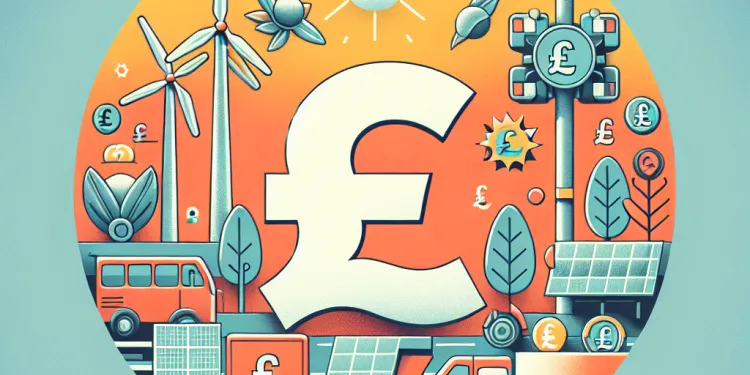
What is the Energy Price Cap in the UK?
Relevance: 84%
-

What is the energy price cap?
Relevance: 82%
-
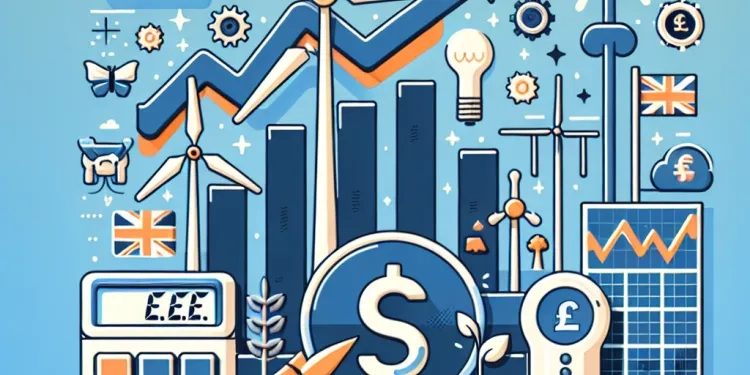
What factors influence changes to the energy price cap?
Relevance: 82%
-
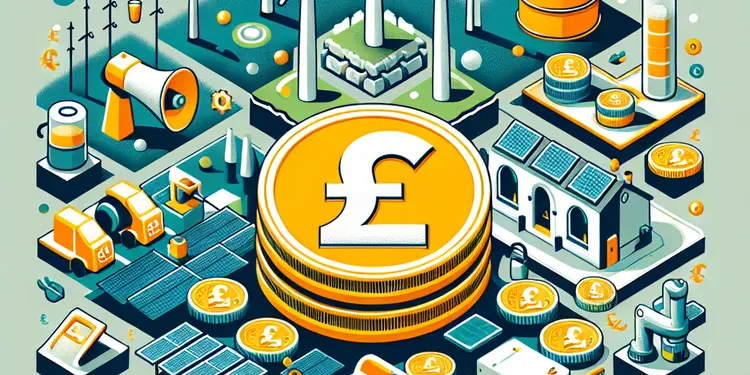
What is the UK's energy price cap?
Relevance: 82%
-
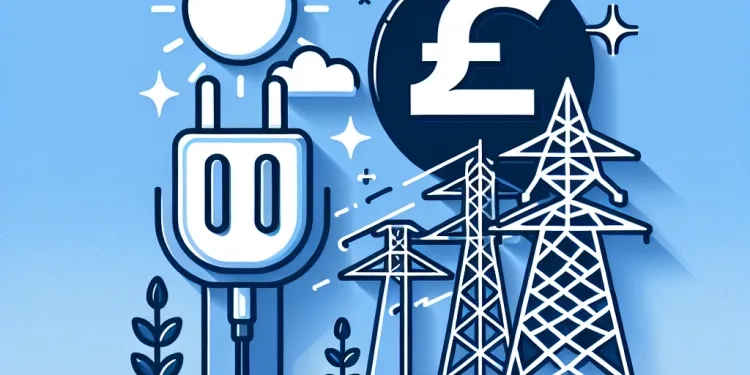
When was the energy price cap introduced?
Relevance: 81%
-
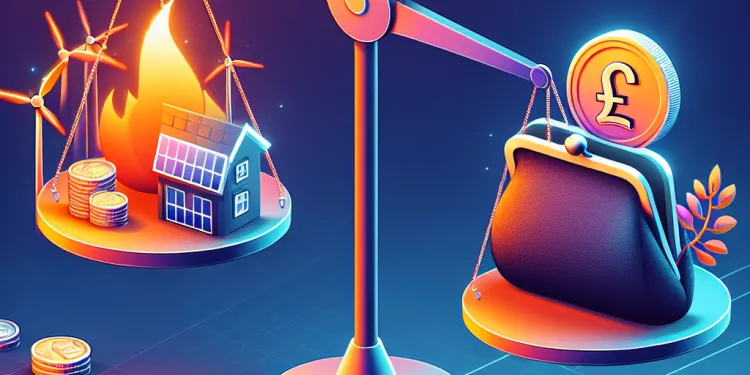
Is the energy price cap the same for everyone?
Relevance: 78%
-

How is the energy price cap calculated?
Relevance: 78%
-

How often is the energy price cap reviewed?
Relevance: 78%
-
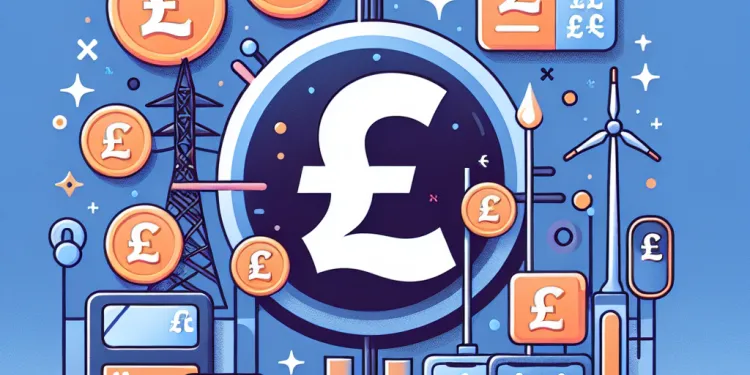
Why was the energy price cap introduced?
Relevance: 78%
-

Can the energy price cap go down as well as up?
Relevance: 76%
-

Does the energy price cap apply to all energy tariffs?
Relevance: 75%
-

How does the energy price cap affect my energy bills?
Relevance: 74%
-
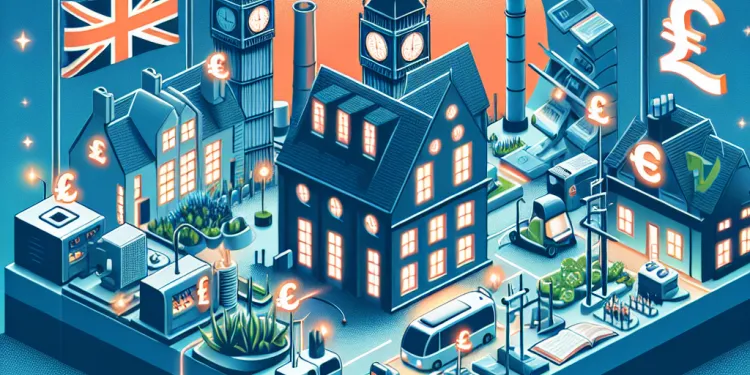
Can energy suppliers charge less than the price cap?
Relevance: 73%
-

How does the energy price cap affect green energy tariffs?
Relevance: 73%
-

Are energy prices regulated in the UK?
Relevance: 71%
-

Where can I find more information about the energy price cap?
Relevance: 70%
-

Does the energy price cap apply to prepayment meters?
Relevance: 68%
-

What happens if my energy supplier charges above the price cap?
Relevance: 67%
-

Does the energy price cap guarantee my total bill?
Relevance: 66%
-
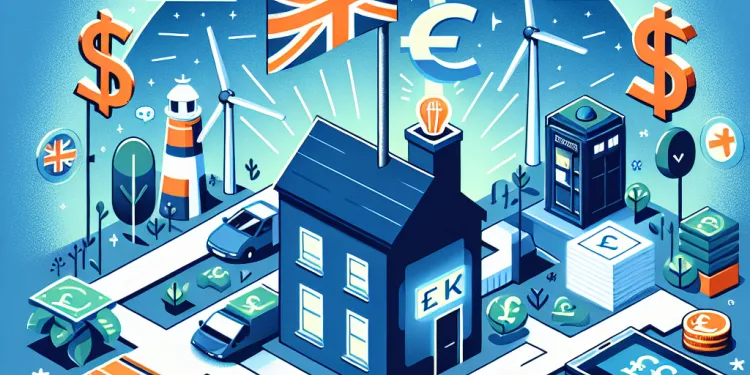
Can I still save money by switching suppliers if the price cap is in place?
Relevance: 58%
-

Who sets the energy price cap?
Relevance: 57%
-
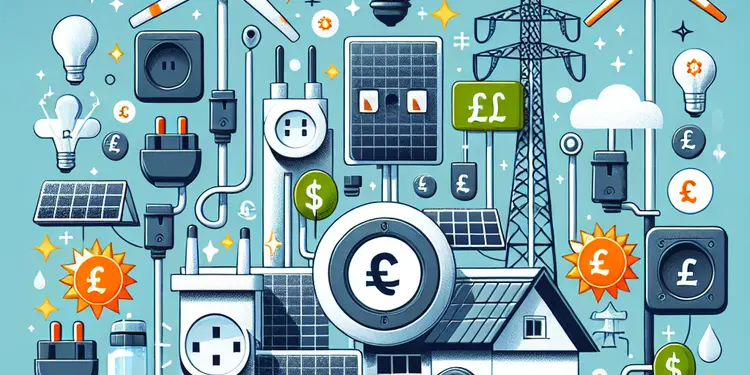
How often do energy companies review their electricity prices?
Relevance: 57%
-

When was the last significant decrease in UK energy prices?
Relevance: 56%
-

How can government intervention affect energy prices?
Relevance: 55%
-

Have energy prices in the UK historically fluctuated?
Relevance: 53%
-
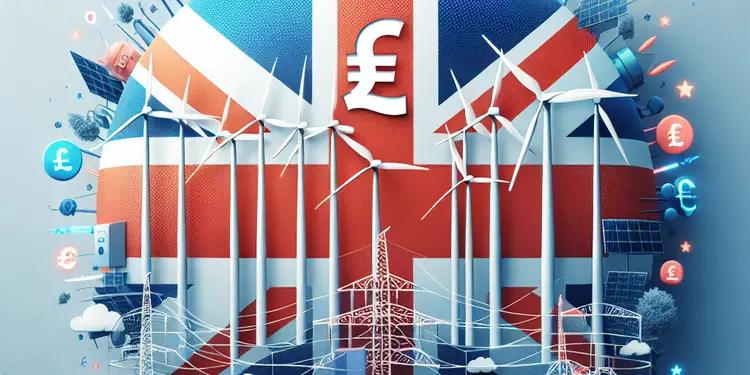
How does global energy demand affect UK energy prices?
Relevance: 52%
-
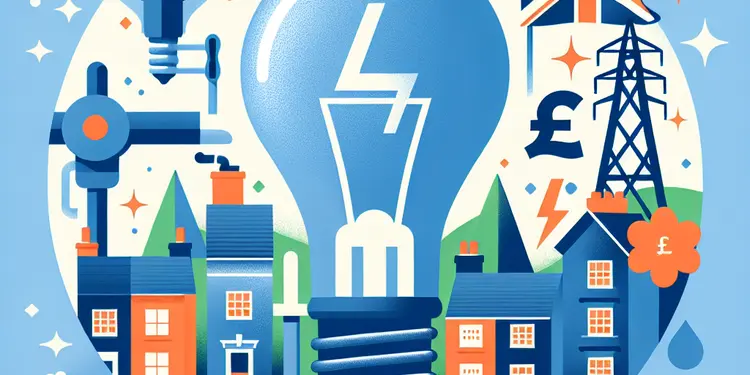
What factors influence the difference in electricity prices among UK energy companies?
Relevance: 51%
-
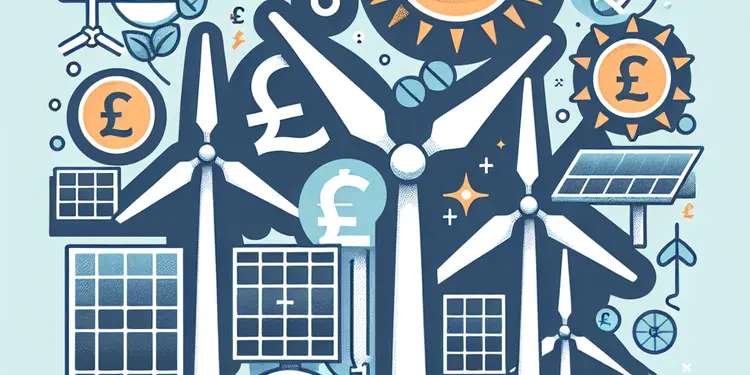
What role do renewable energy sources play in energy pricing?
Relevance: 49%
-

When will energy bills come back down in the UK?
Relevance: 47%
-
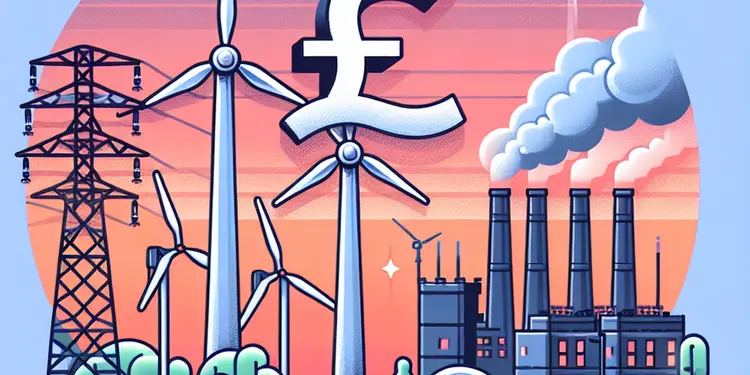
Do all UK energy companies cahrge the same for electricity
Relevance: 45%
-

Do energy suppliers offer discounts on electricity prices?
Relevance: 43%
-

Do all UK energy companies charge the same for electricity?
Relevance: 43%
-

Impact of Rising Energy Prices on Household Budgets
Relevance: 40%
-
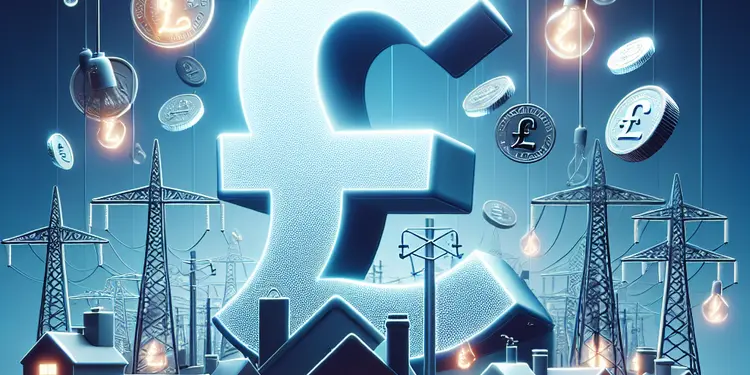
Why do energy companies charge different rates for their electricity?
Relevance: 39%
-

How is the price of Bitcoin determined?
Relevance: 38%
-
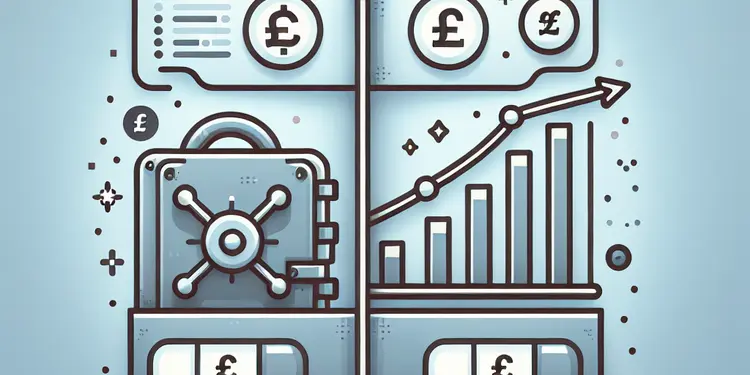
Can fixed-rate tariffs offer better price stability compared to variable tariffs?
Relevance: 38%
-

Energy Prices Set to Rise: How to Keep Your Bills Down
Relevance: 38%
-

UK Government Announces New Energy Bill Support Amid Rising Costs
Relevance: 37%
-

Can geographical location affect electricity prices in the UK?
Relevance: 36%
Introduction
The energy price cap in the UK has been a crucial mechanism for protecting consumers from excessively high energy bills. Introduced by Ofgem, the energy regulator, the price cap is intended to ensure fairness in the energy market. However, given recent changes in the global energy market, there is a pressing need to review and possibly adjust the cap to reflect new realities.
Why Review the Energy Price Cap?
The energy market has undergone significant changes due to a variety of factors, including geopolitical tensions, supply chain disruptions, and shifts in demand patterns. These changes have led to increased volatility in energy prices, affecting both consumers and suppliers. Reviewing the energy price cap is essential to ensure it remains effective in protecting consumers while allowing energy companies to operate sustainably.
Impact of Market Changes
One of the primary reasons for considering a review of the energy price cap is the volatility in wholesale energy prices. Increased prices can lead to higher costs for suppliers, which, if not properly accounted for, can threaten their financial viability and lead to fewer choices for consumers. At the same time, it is imperative to protect consumers from sudden and steep bill increases, especially those who are vulnerable or on fixed incomes.
Process of Reviewing the Cap
Ofgem periodically reviews the energy price cap to ensure it reflects current market conditions. This involves analyzing data on wholesale energy costs, supply chain dynamics, and consumer usage patterns. Ofgem consults with a variety of stakeholders, including consumer advocacy groups, energy suppliers, and government agencies, to gather a comprehensive view of the market. The review process aims to strike a balance between consumer protection and market viability.
Potential Outcomes
Should the review determine that significant changes are necessary, the energy price cap could be adjusted either upwards or downwards. An upward adjustment might be necessary to allow suppliers to cover increased wholesale costs, ensuring their sustainability and continued service provision. Conversely, if lower wholesale costs are observed, the cap might be reduced to pass on savings to consumers, keeping household energy bills in check.
Conclusion
The review of the energy price cap in the UK is a critical process in ensuring that the energy market functions equitably amid market fluctuations. As the global energy landscape continues to evolve, it is vital that mechanisms like the energy price cap adapt accordingly, protecting consumers while maintaining a healthy, competitive market.
Frequently Asked Questions
What is the energy price cap?
The energy price cap is a government policy that limits the amount energy suppliers can charge for standard variable tariffs in order to protect consumers from unfair energy prices.
Why is the energy price cap being reviewed?
The energy price cap is being reviewed due to changes in the energy market, such as fluctuations in wholesale energy prices and other factors that affect the cost of supplying energy.
Who is responsible for reviewing the energy price cap?
The energy price cap is reviewed by the energy regulator, which in the UK is Ofgem.
How often is the energy price cap reviewed?
The energy price cap is typically reviewed every six months to ensure it reflects current market conditions.
When will the next review of the energy price cap take place?
The specific dates for the next review of the energy price cap can be found on the Ofgem website or announced by the regulator.
How does the energy price cap impact my energy bill?
The energy price cap sets a maximum price that suppliers can charge customers on a standard variable tariff, potentially affecting the amount you pay for energy.
Does the price cap guarantee lower energy bills?
The price cap does not guarantee lower energy bills; it sets a maximum price limit. Bills may still vary based on energy consumption and tariff choice.
Can my energy supplier charge me more than the price cap?
Energy suppliers are not allowed to charge more than the price cap for customers on standard variable tariffs.
What factors might lead to changes in the price cap?
Factors such as wholesale gas and electricity costs, network costs, environmental obligations, and supplier operating costs can lead to changes in the price cap.
How does the energy price cap affect energy companies?
The energy price cap affects the revenue that energy companies can earn from customers on capped tariffs, potentially influencing their business operations and pricing strategies.
Are all energy tariffs subject to the price cap?
No, only standard variable tariffs and certain default tariffs are subject to the price cap. Fixed-term tariffs are not capped.
How can I find out if my tariff is subject to the price cap?
You can check your energy bill or contact your supplier to find out if your tariff is subject to the price cap.
Is the price cap review likely to increase or decrease prices?
The direction of price changes depends on market conditions at the time of the review. Rising wholesale costs might lead to increases, while decreases might reflect falling costs.
What should I do if my energy prices increase due to a cap review?
If your prices increase, consider comparing tariffs and switching suppliers to find a better deal.
Can I switch suppliers if I'm on a capped tariff?
Yes, you can switch suppliers even if you are on a capped tariff. It's advisable to compare different tariffs and choose the best one for your needs.
How does Ofgem determine the level of the price cap?
Ofgem uses a calculation that includes wholesale energy costs, network costs, policy costs, supplier operating costs, and a profit margin to set the cap level.
Does the energy price cap apply throughout the UK?
Yes, the energy price cap applies across England, Scotland, and Wales, but not Northern Ireland, which has its own energy market regulations.
Will the price cap continue indefinitely?
The future of the price cap will depend on government policy and the state of the energy market. It is designed to protect consumers while promoting competition.
What impact do global energy markets have on the price cap?
Global energy markets influence the price of wholesale gas and electricity, which are major components in determining the price cap.
Where can I get more information on the energy price cap?
More information on the energy price cap can be found on the Ofgem website or through your energy supplier's customer service.
Useful Links
This website offers general information and is not a substitute for professional advice.
Always seek guidance from qualified professionals.
If you have any medical concerns or need urgent help, contact a healthcare professional or emergency services immediately.
- Ergsy carfully checks the information in the videos we provide here.
- Videos shown by Youtube after a video has completed, have NOT been reviewed by ERGSY.
- To view, click the arrow in centre of video.
- Most of the videos you find here will have subtitles and/or closed captions available.
- You may need to turn these on, and choose your preferred language.
- Go to the video you'd like to watch.
- If closed captions (CC) are available, settings will be visible on the bottom right of the video player.
- To turn on Captions, click settings .
- To turn off Captions, click settings again.
More Items From Ergsy search
-

Is the energy price cap being reviewed due to market changes?
Relevance: 100%
-

What is the Energy Price Cap in the UK?
Relevance: 84%
-

What is the energy price cap?
Relevance: 82%
-

What factors influence changes to the energy price cap?
Relevance: 82%
-

What is the UK's energy price cap?
Relevance: 82%
-

When was the energy price cap introduced?
Relevance: 81%
-

Is the energy price cap the same for everyone?
Relevance: 78%
-

How is the energy price cap calculated?
Relevance: 78%
-

How often is the energy price cap reviewed?
Relevance: 78%
-

Why was the energy price cap introduced?
Relevance: 78%
-

Can the energy price cap go down as well as up?
Relevance: 76%
-

Does the energy price cap apply to all energy tariffs?
Relevance: 75%
-

How does the energy price cap affect my energy bills?
Relevance: 74%
-

Can energy suppliers charge less than the price cap?
Relevance: 73%
-

How does the energy price cap affect green energy tariffs?
Relevance: 73%
-

Are energy prices regulated in the UK?
Relevance: 71%
-

Where can I find more information about the energy price cap?
Relevance: 70%
-

Does the energy price cap apply to prepayment meters?
Relevance: 68%
-

What happens if my energy supplier charges above the price cap?
Relevance: 67%
-

Does the energy price cap guarantee my total bill?
Relevance: 66%
-

Can I still save money by switching suppliers if the price cap is in place?
Relevance: 58%
-

Who sets the energy price cap?
Relevance: 57%
-

How often do energy companies review their electricity prices?
Relevance: 57%
-

When was the last significant decrease in UK energy prices?
Relevance: 56%
-

How can government intervention affect energy prices?
Relevance: 55%
-

Have energy prices in the UK historically fluctuated?
Relevance: 53%
-

How does global energy demand affect UK energy prices?
Relevance: 52%
-

What factors influence the difference in electricity prices among UK energy companies?
Relevance: 51%
-

What role do renewable energy sources play in energy pricing?
Relevance: 49%
-

When will energy bills come back down in the UK?
Relevance: 47%
-

Do all UK energy companies cahrge the same for electricity
Relevance: 45%
-

Do energy suppliers offer discounts on electricity prices?
Relevance: 43%
-

Do all UK energy companies charge the same for electricity?
Relevance: 43%
-

Impact of Rising Energy Prices on Household Budgets
Relevance: 40%
-

Why do energy companies charge different rates for their electricity?
Relevance: 39%
-

How is the price of Bitcoin determined?
Relevance: 38%
-

Can fixed-rate tariffs offer better price stability compared to variable tariffs?
Relevance: 38%
-

Energy Prices Set to Rise: How to Keep Your Bills Down
Relevance: 38%
-

UK Government Announces New Energy Bill Support Amid Rising Costs
Relevance: 37%
-

Can geographical location affect electricity prices in the UK?
Relevance: 36%


